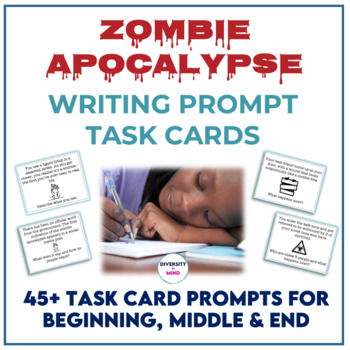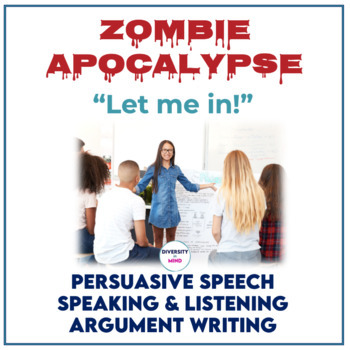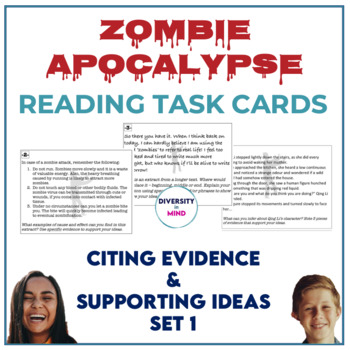The same applies when trying to explain to a student why they can't use a comma to separate 2 complete ideas, and then getting into a further discussion about what an 'idea' consists of in this context. It just isn't as precise or clear as saying, "You can't join 2 independent clauses with a comma." Of course it takes some effort upfront for a student to get to the point where they understand what a clause, never mind an independent clause is, but over 15 years in teaching have lead me to the firm belief that it's time well spent.
So, how to develop these grammar skills without dragging your students (and let's face it - yourself) through another dull-at-the-desk worksheet exercise? Can any teacher hand-on-heart say that grammar worksheets honestly improved their students' writing?) While there are thousands of books, articles and blog posts on the subject, teachers don't have time to read them all, so in this series of posts tagged #nomoreworksheets, I'll explore alternative ways to help build a more effective toolset of tried-and-tested activities.
One important note - the only way to truly improve student writing is through writing. Neither reading about writing, nor discussing writing will be as effective as actually putting pen to paper to practice any grammatical concept learned. With precise feedback, and regular in-class writing sessions (that can be as short as 10 minutes if you're feeling time-pressured), you will see improvement.
Approach 1: Make Language Board Games
Objective: Reviewing & building students' grammatical vocabulary
While we may think students will scoff at the idea of such a project, board games are something of a novelty to most, given most of their entertainment is from a screen these days.
Some time near the beginning of the year, I get my students to take on one area of grammar to teach their peers. In any given class, there'll be teams researching and creating materials on whichever aspects of grammar I've seen their age-group struggle with. At this point, I am trying to build a common language around terminology, so they can use various question formats including:
- multiple choice
- true or false
- complete the sentence
- fill in the missing word
- what is this an example of
- give me an example of ...
Asking a local pizza shop for some unused boxes will save a lot of time. Students can use the base as their game board, paste the instructions inside the lid and keep any counters or other items in the box.
Click here for a FREE instruction sheet for your students.






